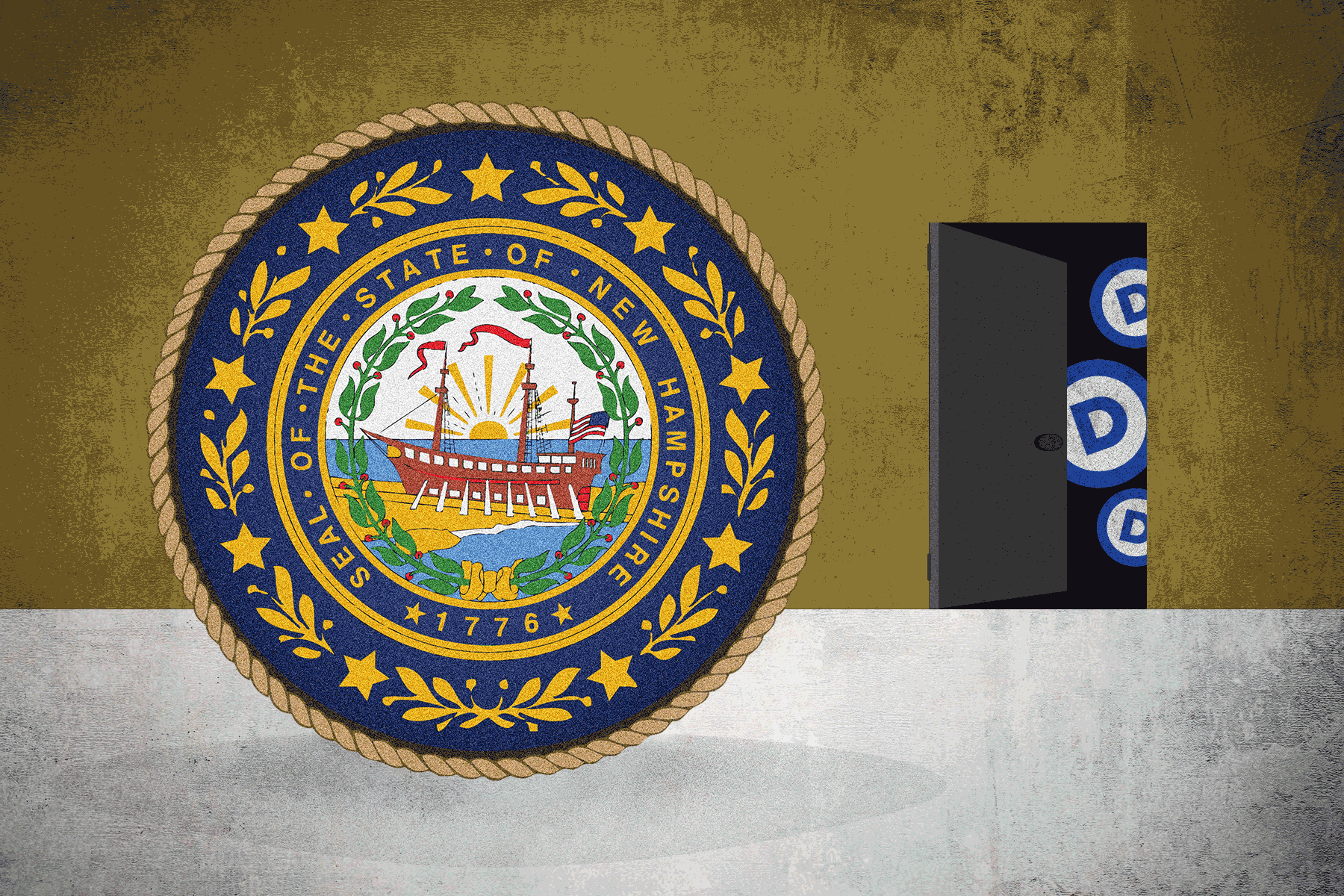After more than 70 years of trouble, the Democratic Party is done with New Hampshire’s presidential primary.
The Granite State will head to the polls on Jan. 23 in the 28th edition of its presidential primary nominating contest.

After more than 70 years of trouble, the Democratic Party is done with New Hampshire’s presidential primary.
The Granite State will head to the polls on Jan. 23 in the 28th edition of its presidential primary nominating contest.